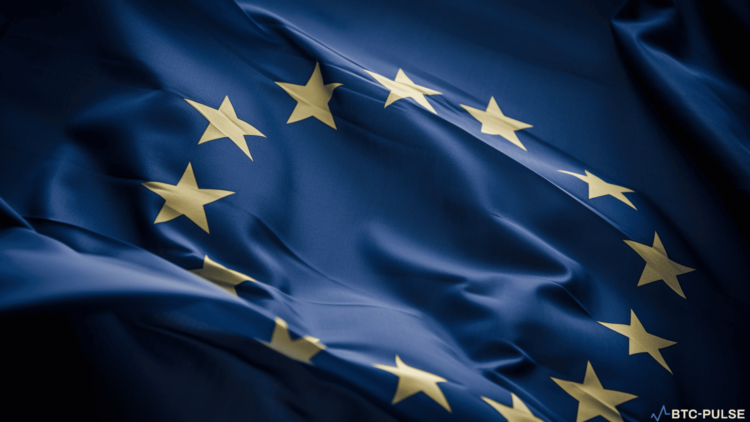The Drive for a Digital Euro in the EU
As the world witnesses a surge in interest surrounding central bank digital currencies (CBDCs), the European Central Bank (ECB) is taking a bold step by allocating over $700 million for the development of offline payment capabilities within the digital euro framework.
The ECB’s Pursuit of Digital Euro Development
In its quest for suitable service providers, the ECB disclosed its intention to assign up to 1.2 billion euros ($1.3 billion) to eligible contractors. This move is part of a larger initiative by the European Union, encompassing 27 nations, to establish its own CBDC, competing with private cryptocurrencies in the digital era.
Offline Digital Euro – A Complex Endeavor
The ECB plans to introduce two forms of the digital euro for retail payments, with a significant focus on an exclusive version for offline transactions. Over 56% of the allocated budget is designated for developing this offline component, emphasizing the complexity of creating a user-friendly app supporting both online and offline versions.
Contractor Selection and Controversies
The selection of contractors for this project raises speculation, especially after the ECB’s controversial choice of Amazon in 2022 to create a prototype. Concerns have been expressed by European Parliament members over Amazon’s reputation, leading to uncertainties about its involvement in future developments.
Privacy Concerns and ECB’s Assurance
Addressing privacy concerns, the ECB states it won’t access personal data, leaving commercial banks responsible for hosting the digital euro. This move is crucial as consumers fear potential digital spending tracking. Policymakers debate the utility of a digital euro amidst concerns, emphasizing its potential to challenge the dominance of American payment giants.
Moving Towards a Digital Euro – Challenges and Potential Outcomes
The ECB’s shift to a “preparation phase” in October signals a significant step in finalizing a rulebook and selecting providers for building the platform. However, the decision to issue a digital euro is pending the finalization of legislation in the European Parliament, with potential political pushback posing uncertainties.
In conclusion, the ECB’s move towards a digital euro with offline capabilities represents a significant development in the global shift towards digital currencies. Privacy concerns, contractor selections, and political dynamics will shape the future of the digital euro and its potential impact on financial sovereignty in the eurozone. Stay tuned for updates on this evolving financial landscape.










